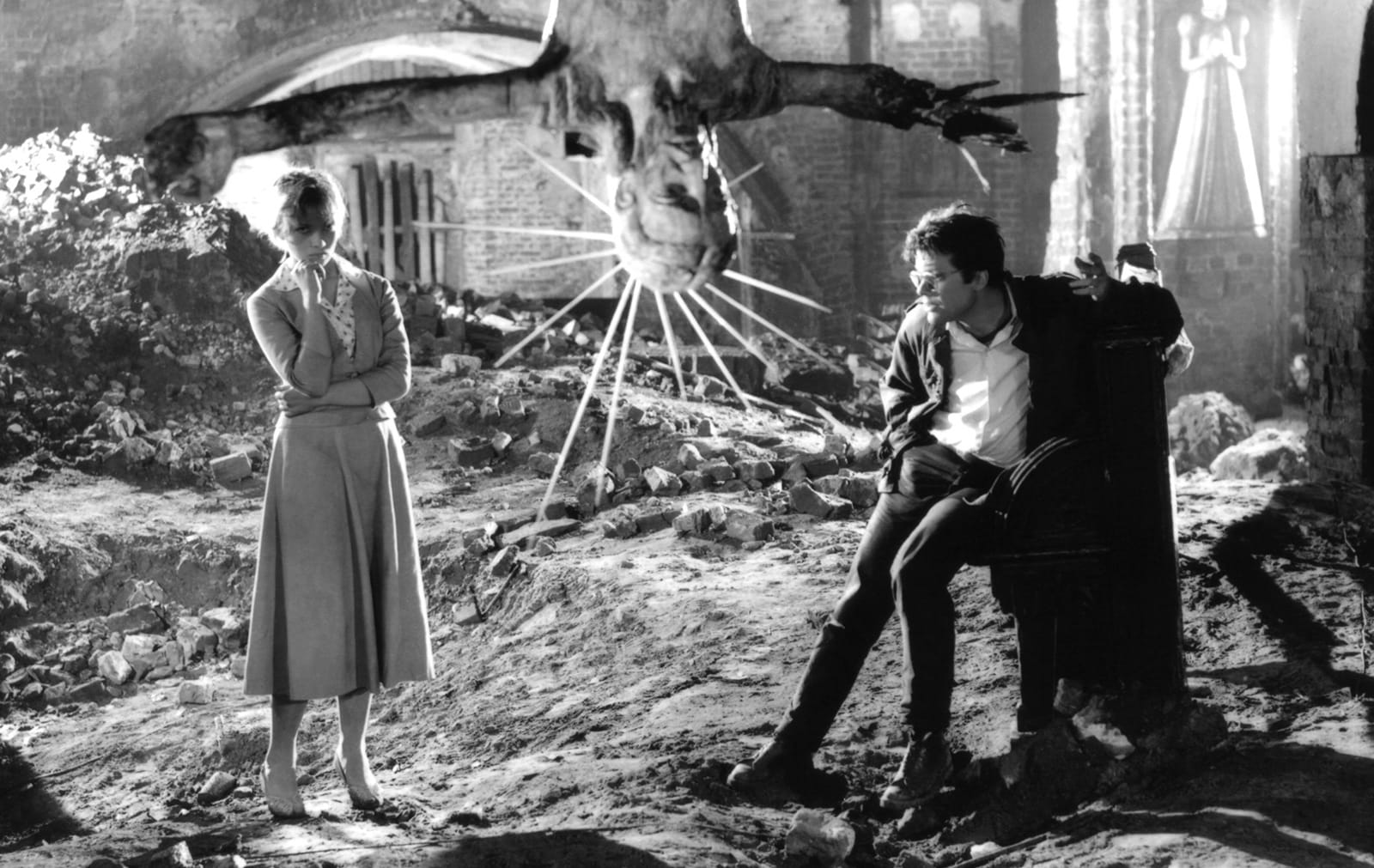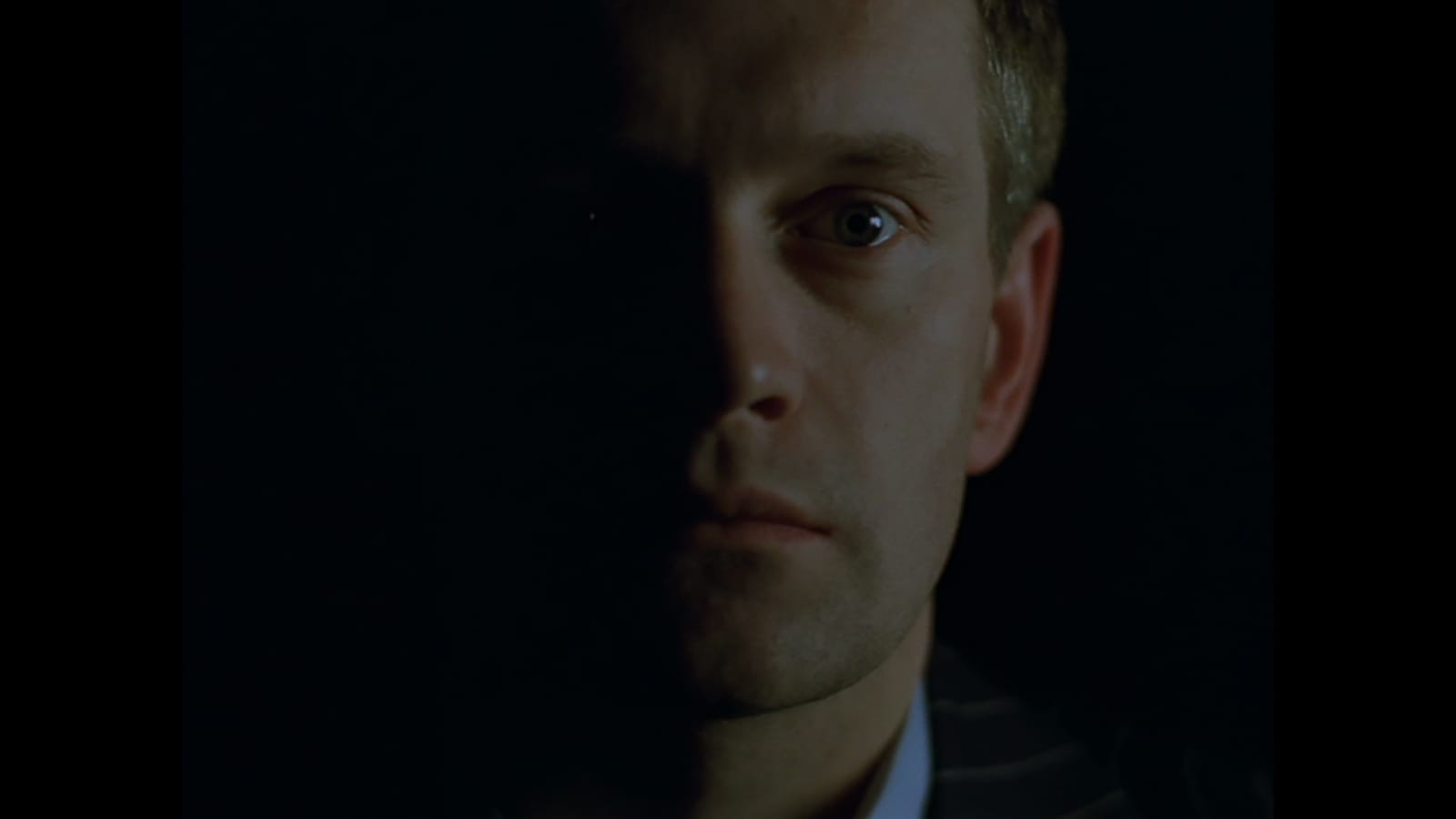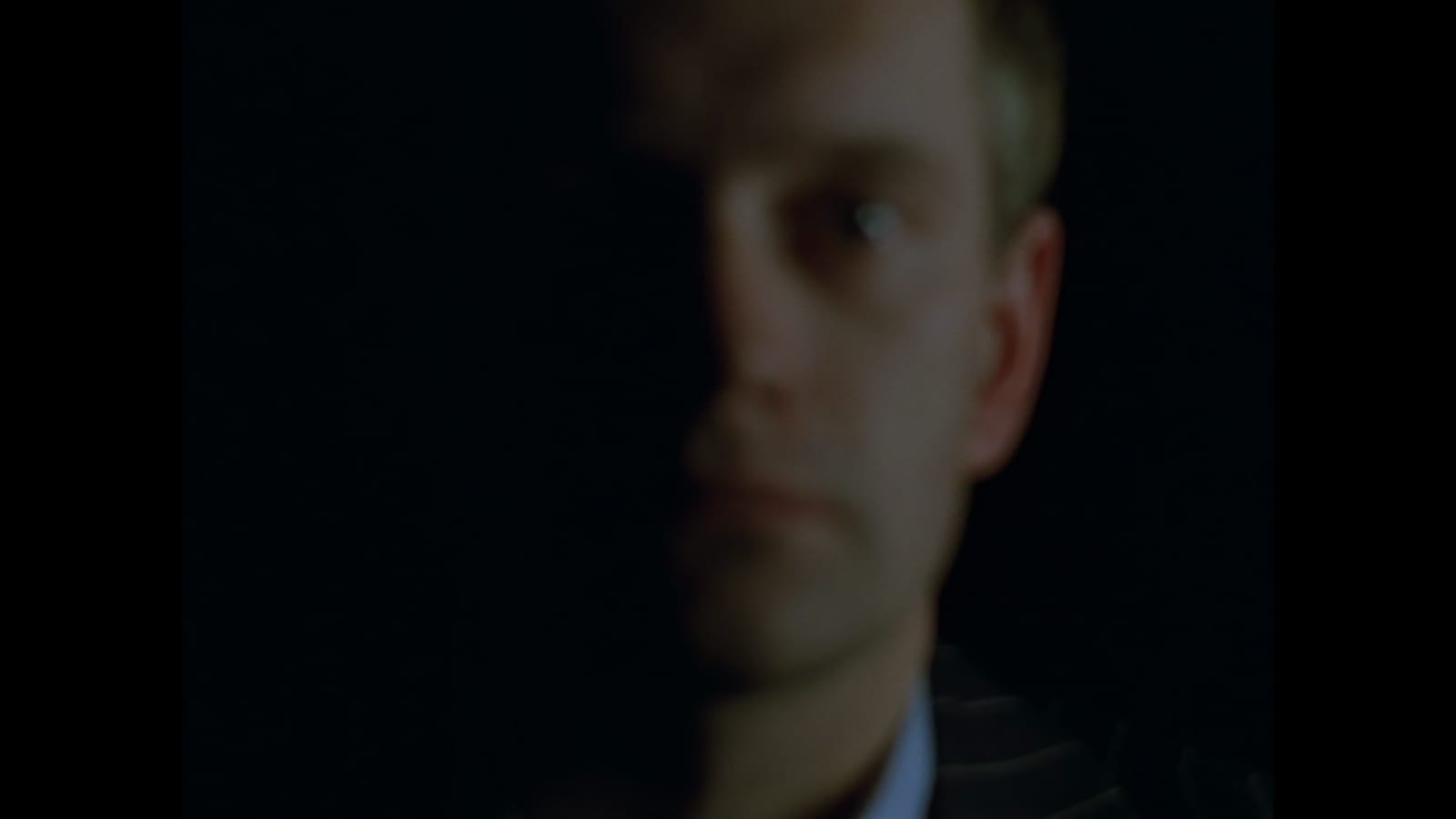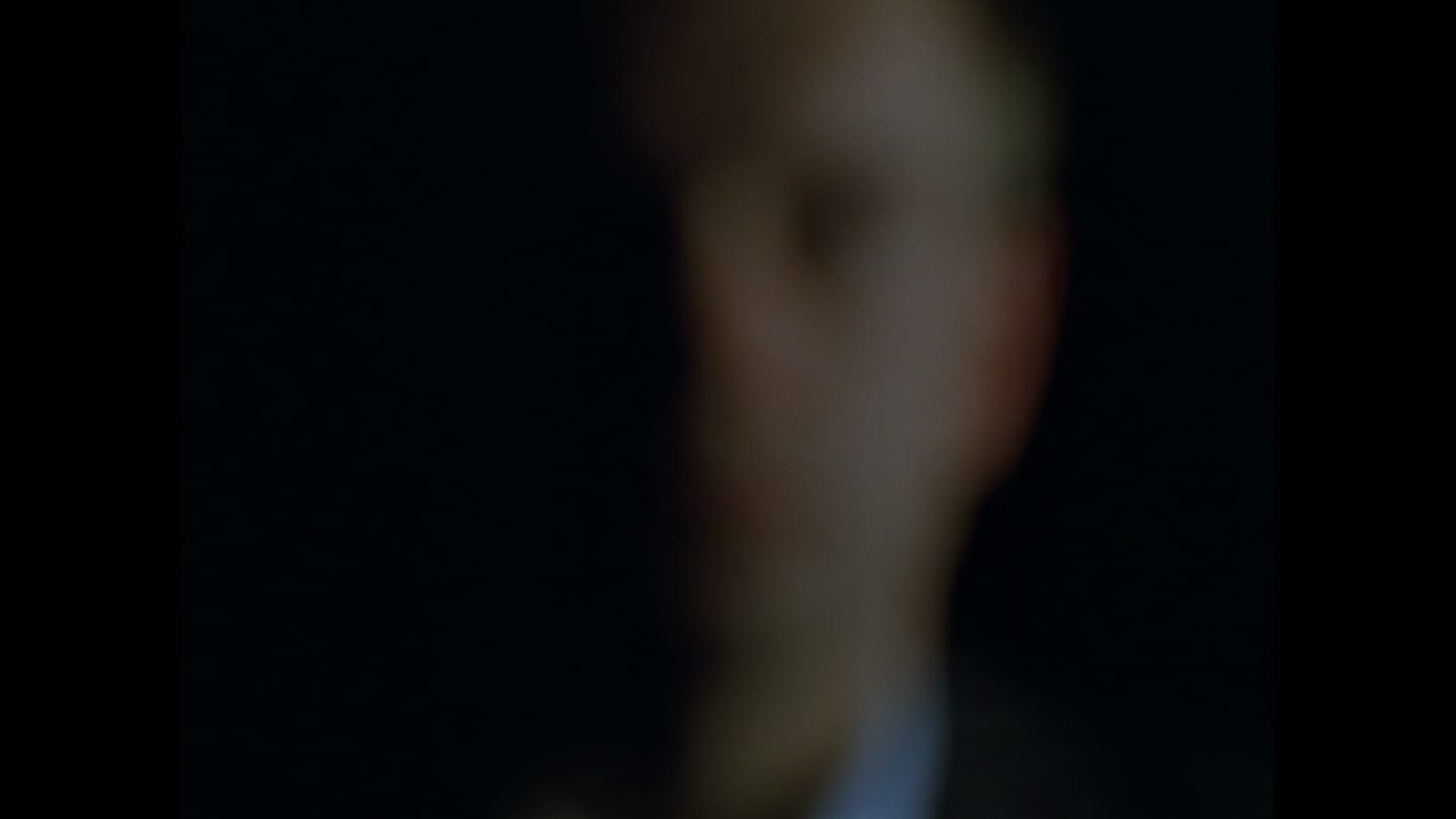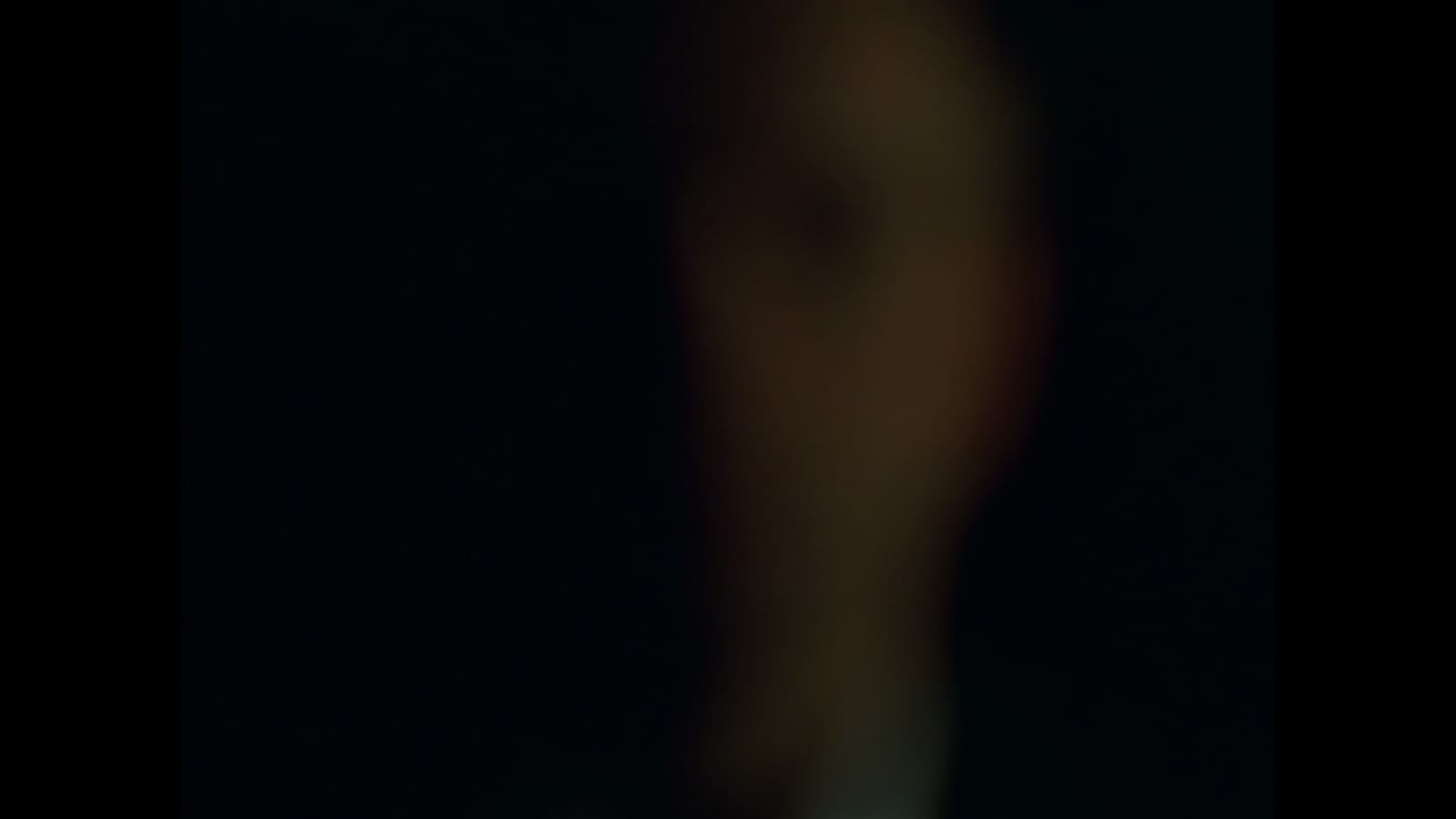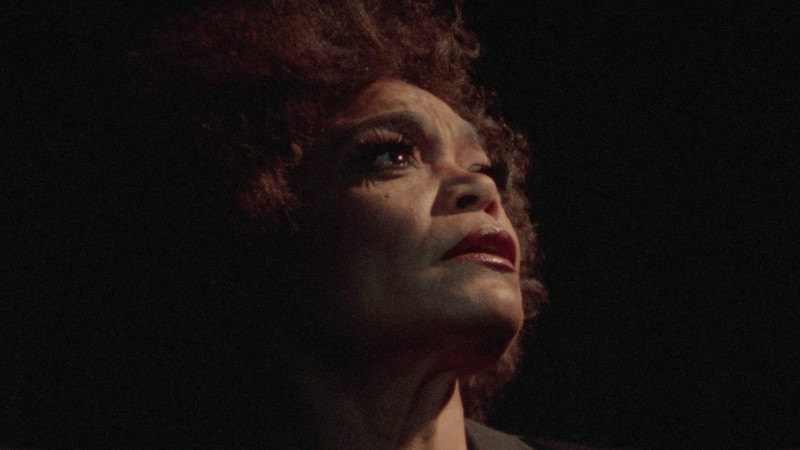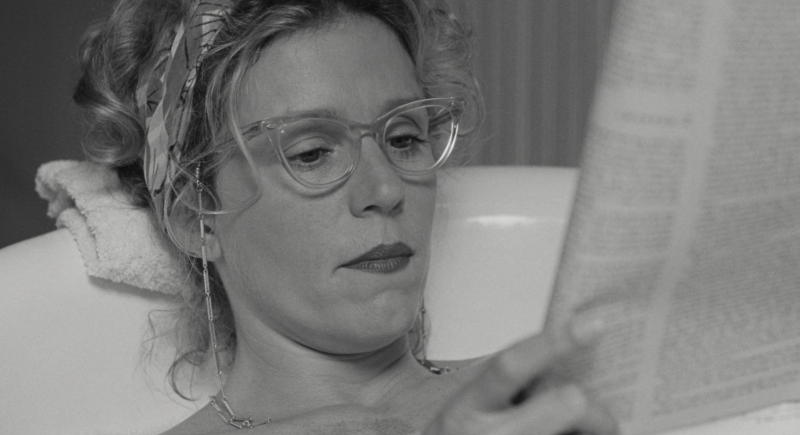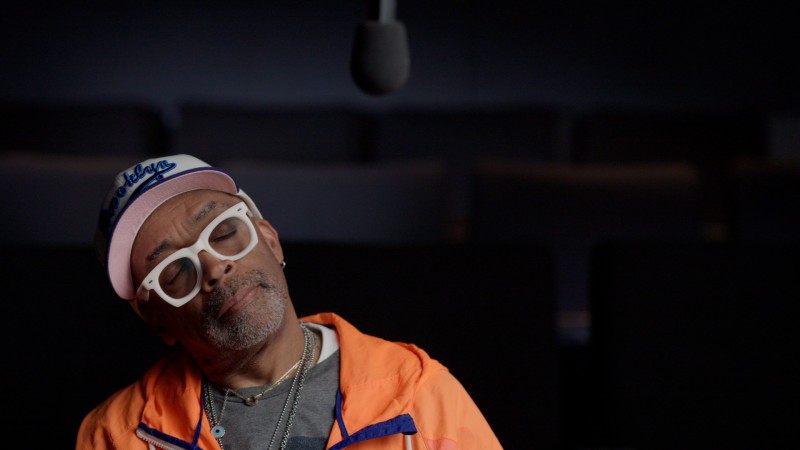Andrzej Wajda, the Searcher

Two and a half weeks before his unexpected passing on October 9, 2016, at the age of ninety, Andrzej Wajda made his last public appearance at the Gdynia Film Festival, Poland’s largest annual film event. On the evening of September 22, he took the stage of Teatr Muzyczny, which was packed to the rafters with his fans and colleagues. A magisterial, thronelike chair awaited him at center stage, and later that evening it was surrounded by some of his most beloved actors, paying him a polyphonic tribute partly inspired by Lily Tomlin and Meryl Streep’s use of overlapping dialogue in their 2006 Oscar salute to Robert Altman. As Andrzej Seweryn, Bogusław Linda, Bożena Dykiel, Maja Komorowska, and Robert Więckiewicz playfully one-upped one another in their humorous appreciations, their reverence for the reigning master of Polish cinema was unmistakable, as was Wajda’s pleasure in the surprising tribute he gracefully received.
That same evening, the Polish audience had its first look at Afterimage, which would end up being Wajda’s final film. Chronicling the life of Władysław Strzemiński (1893–1952), a Polish avant-garde painter who was unwilling to comply with the Communist government’s imposed aesthetics of “socialist realism,” the film is a conventional biopic in the vein of Vincente Minnelli’s Lust for Life (1956), centering on a strong central performance (by Bogusław Linda). While some found the movie too classical, everyone could recognize how deeply personal it was. The irony of Afterimage, which was lost on some of its foreign viewers when it premiered twelve days earlier at the Toronto International Film Festival, is that Wajda himself actually did master the game that Strzemiński, who died of tuberculosis and starvation after having been repeatedly denied the right to ply his trade, proved incapable of grasping: that of making one’s art under the watchful eye of the Communist authorities—and then turning it against them. Wajda’s last film, then, is a very particular sort of tribute: a salute to a fiercely avant-garde artist, as well as a record of unqualified resistance from a filmmaker who knew exactly how much subterfuge was needed to remain active in a state-approved system of production.




